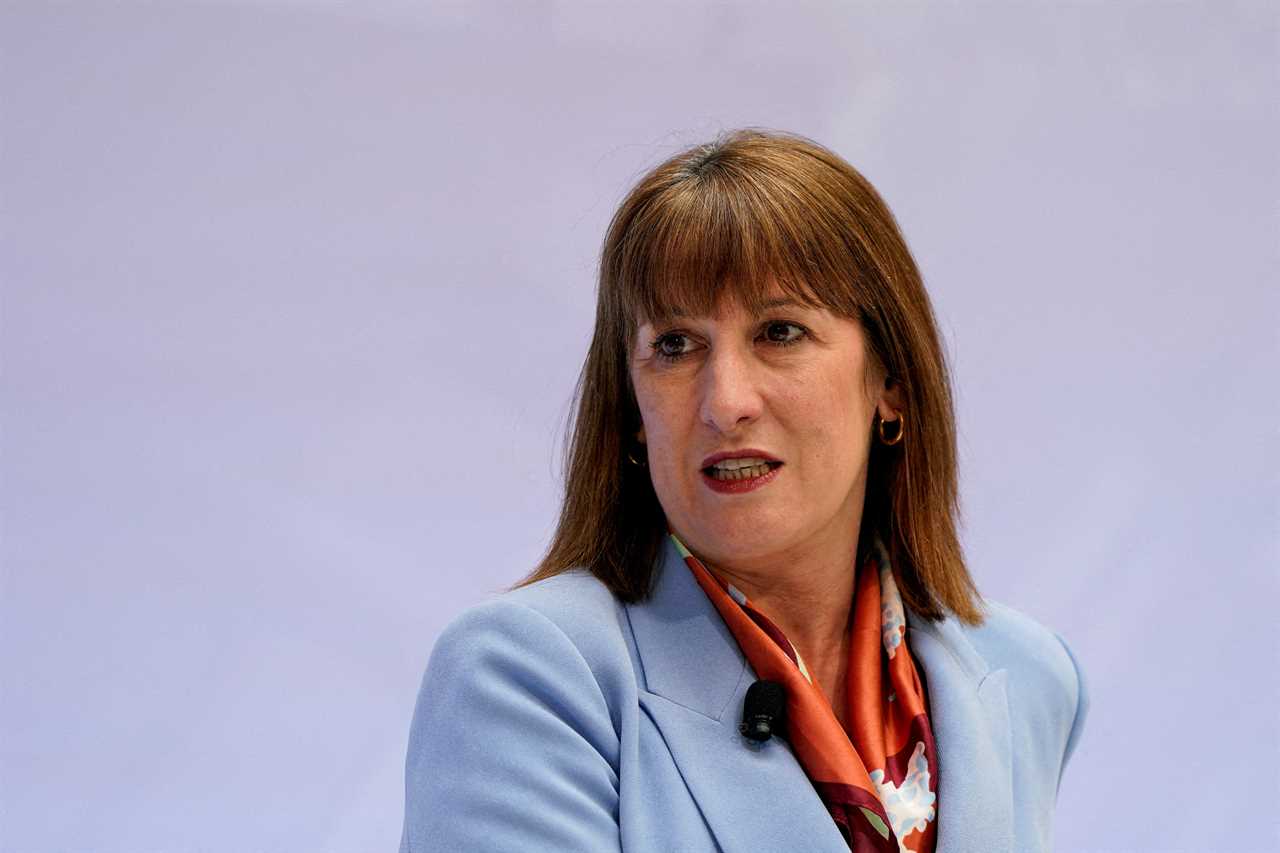
Amidst discussions of potential tax adjustments within the gambling sector, a critical dialogue emerges regarding the multifaceted impact on both employment opportunities and the vibrant landscape of British sports. The recent warnings from industry figureheads, such as Grainne Hurst, CEO of the Betting and Gaming Council, underscore a broader debate surrounding the economic and societal consequences of proposed tax reforms. This nuanced conversation resonates not only locally but also within the global context of regulatory frameworks and financial dynamics.
Challenging Assumptions: The Interplay Between Tax Policy and Social Responsibility
As the discourse unfolds, Hurst's impassioned plea to Chancellor Rachel Reeves highlights the potential fallout of what is perceived as a "headline-grabbing plan". The echoes of past decisions, such as Gordon Brown's move to eliminate the outdated betting tax in 2001, reverberate through contemporary debates. Hurst's assertion that such proposed tax hikes could reverse the progress made in job creation, economic contributions, and international competitiveness within the industry raises pertinent questions about the balance between fiscal policy and social impact.
Unpacking the Numbers: Balancing Economic Realities and Social Investments
The proposed £3 billion tax increase, endorsed by figures like Gordon Brown and supported by research from organizations like the IPPR, introduces a complex calculus of financial redistribution. Advocates argue that such measures could address pressing social issues like child poverty, yet critics caution against potential repercussions on the betting and gaming sector's vitality. With billions already contributed to the exchequer and substantial economic benefits underpinning various sports initiatives, the potential ripple effects of altered tax structures demand thorough scrutiny.
Beyond Profit Margins: The Social Fabric Supported by the Industry
Grainne Hurst's emphasis on the extensive contributions of the betting and gaming sector to the British economy, encompassing tax revenues, economic stimulus, and sports sponsorship, offers a holistic view of the industry's role in societal welfare. From supporting traditional sports like horse racing and rugby league to investing in programs addressing problem gambling, the industry's impact extends far beyond profit margins. Evaluating the potential disruptions resulting from tax adjustments necessitates a comprehensive understanding of the intricate web connecting fiscal policies to social well-being.
In conclusion, the discourse surrounding proposed tax changes within the gambling industry epitomizes the delicate balance between economic imperatives, social responsibilities, and regulatory frameworks. As stakeholders navigate this terrain of competing interests and divergent viewpoints, the need for a nuanced approach that considers the broader implications on employment, sports funding, and public welfare remains paramount. By engaging in informed dialogue and critical analysis, we can strive towards a more equitable and sustainable framework that upholds the integrity of both the industry and the communities it serves.
Did you miss our previous article...
https://trendinginthenews.com/uk-politics/analysis-the-true-cost-of-britains-chagos-islands-handover-revealed






